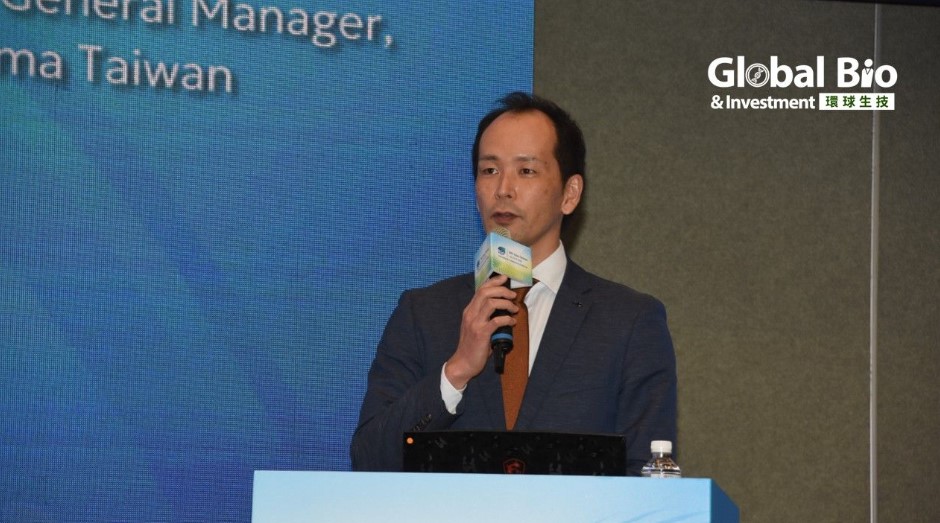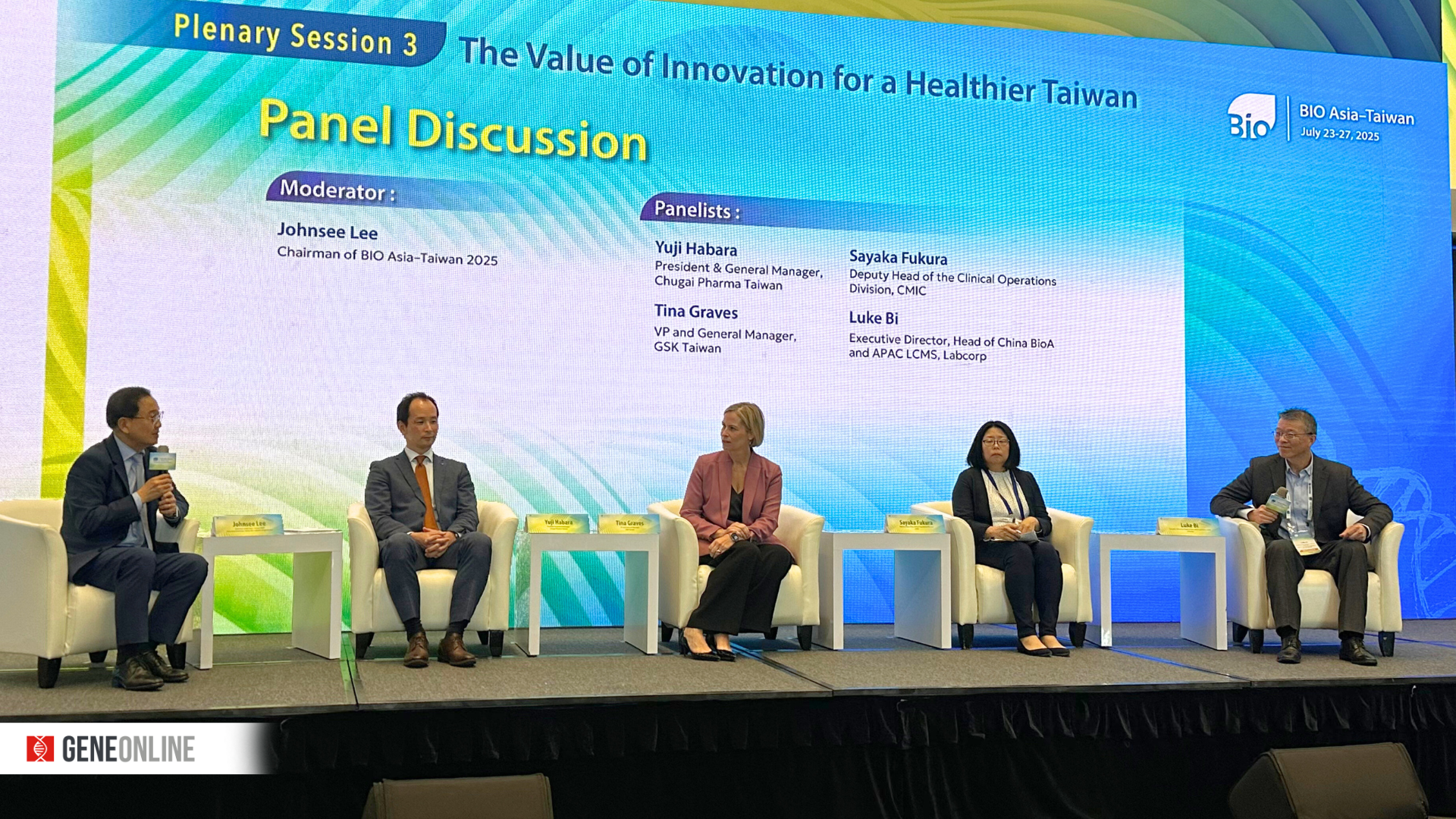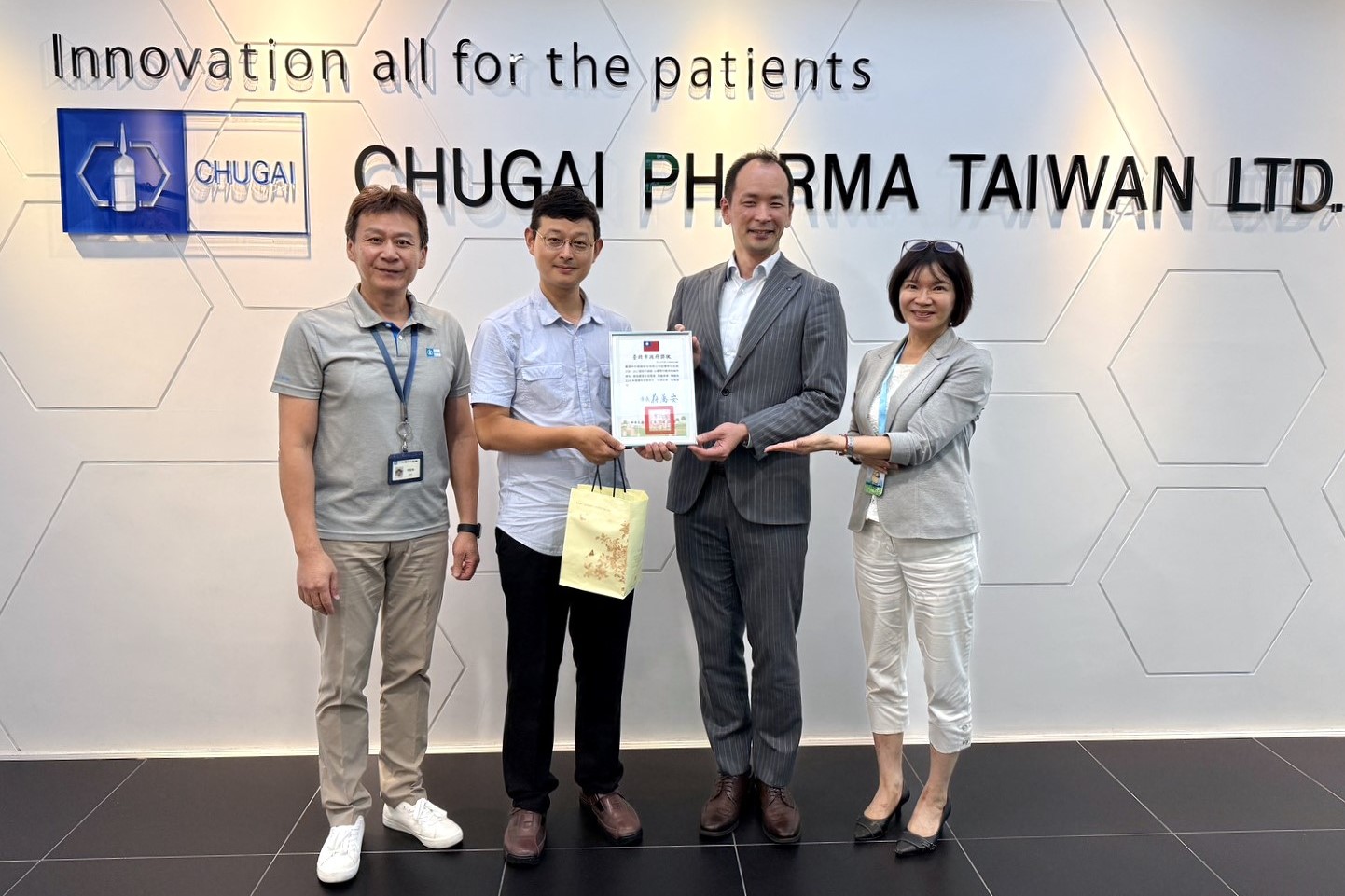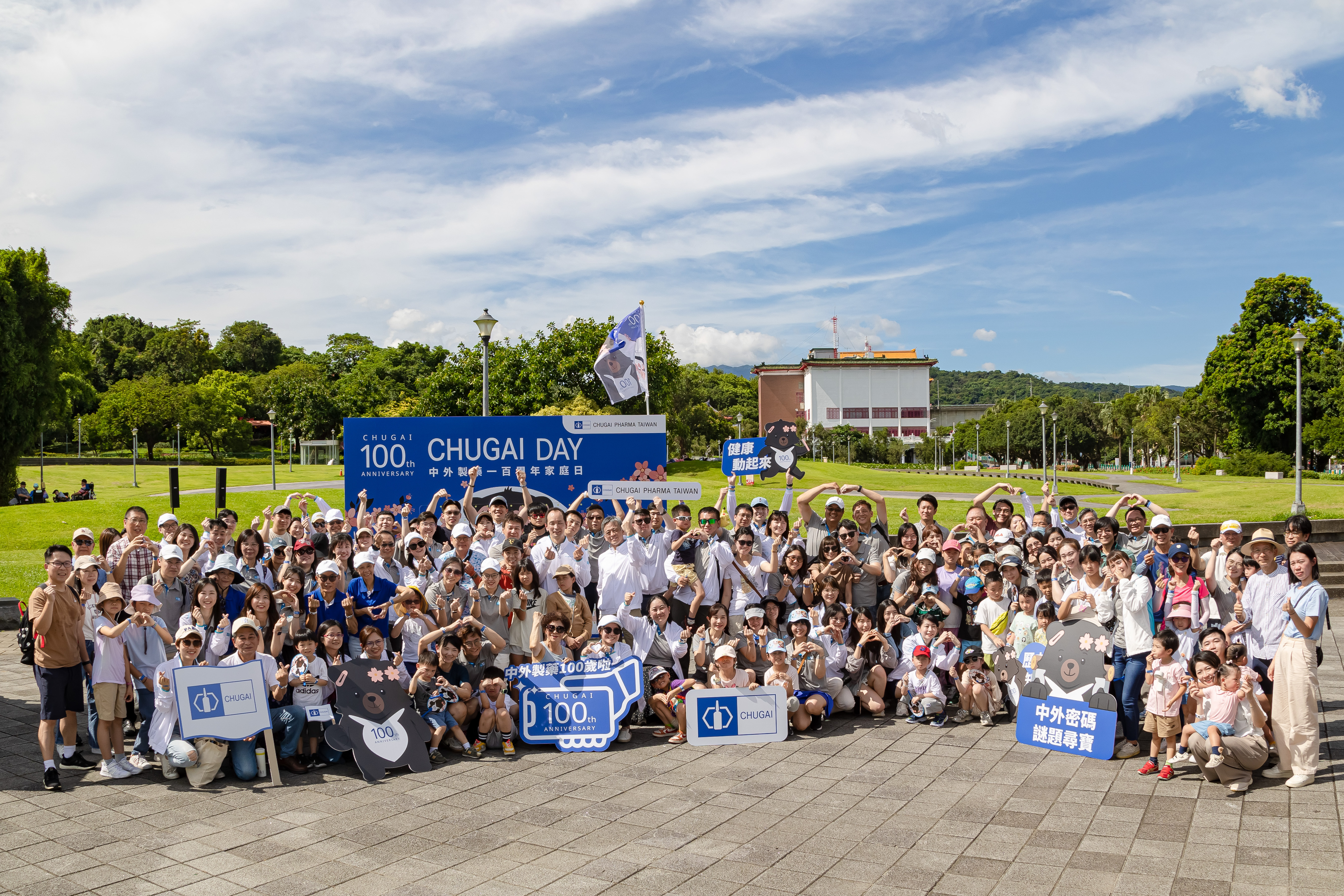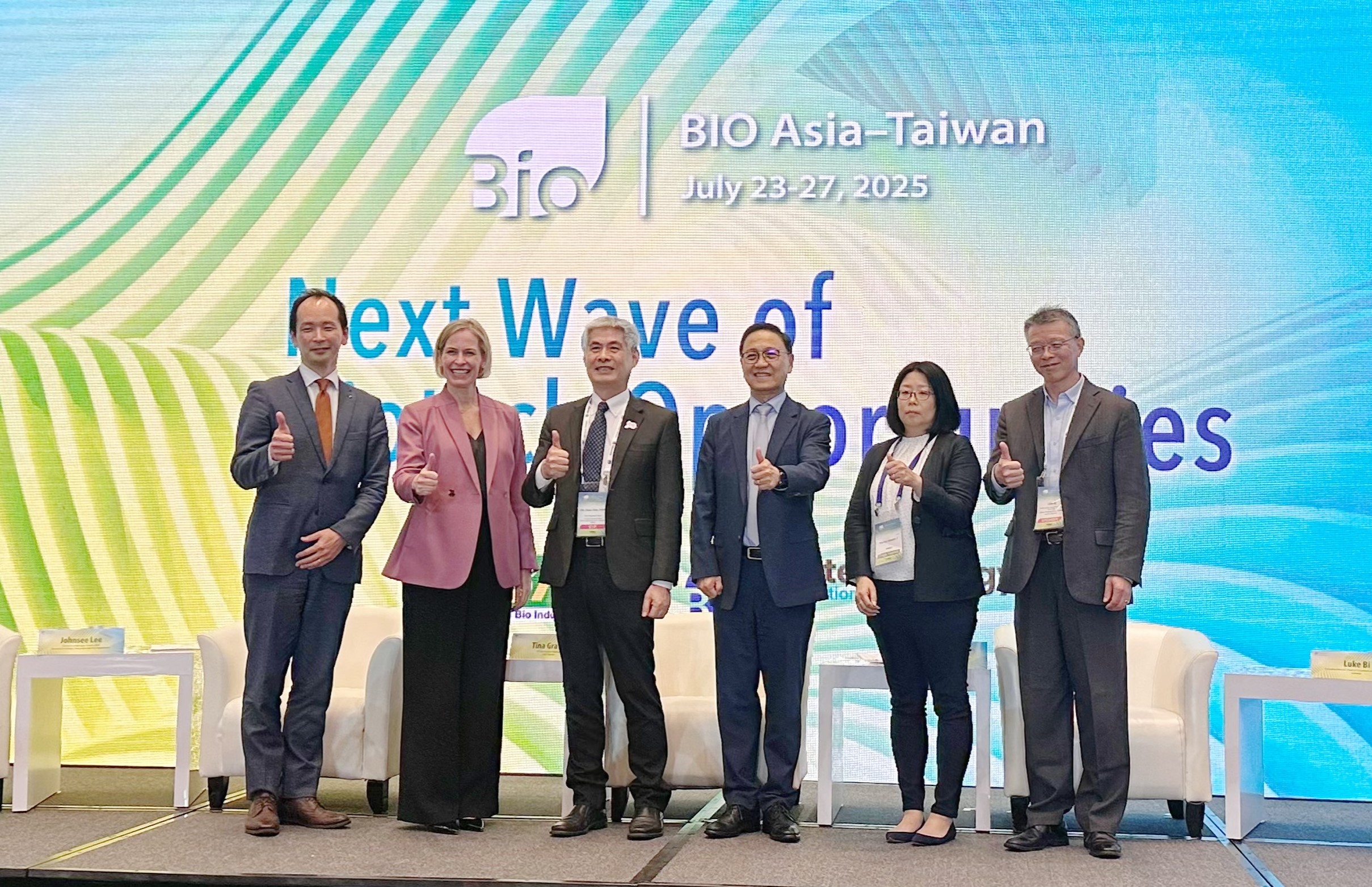
At BIO Asia–Taiwan 2025, Plenary Session 3 Panel Discussion brought together leading voices in pharma, biotech, and clinical innovation to explore “The Value of Innovation for a Healthier Taiwan.” Moderated by Dr. Johnsee Lee, Chairman of BIO Asia–Taiwan 2025, the panel examined how innovative science, policy alignment, and cross-sector collaboration are shaping Taiwan’s health ecosystem. Panelists included Yuji Habara, President & General Manager of Chugai Pharma Taiwan; Tina Graves, VP and General Manager of GSK Taiwan; Sayaka Fukura, Deputy Head of the Clinical Operations Division at CMIC; and Luke Bi, Executive Director and Head of China BioA and APAC LCMS at Labcorp. Each speaker brought distinct insights to a common challenge: how to unlock the value of innovation for real-world health outcomes.
